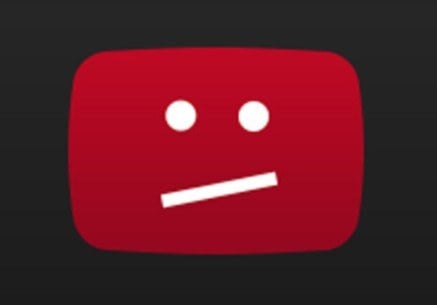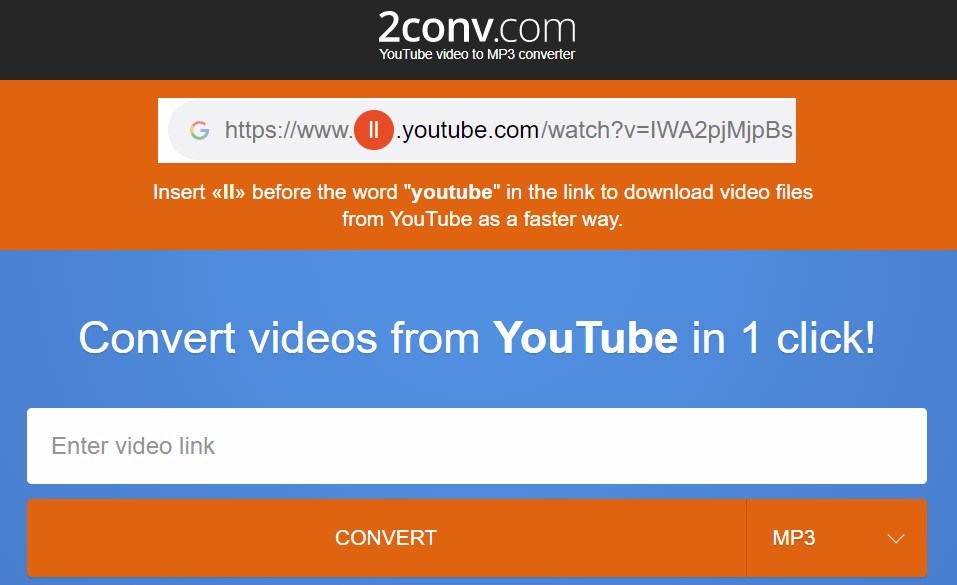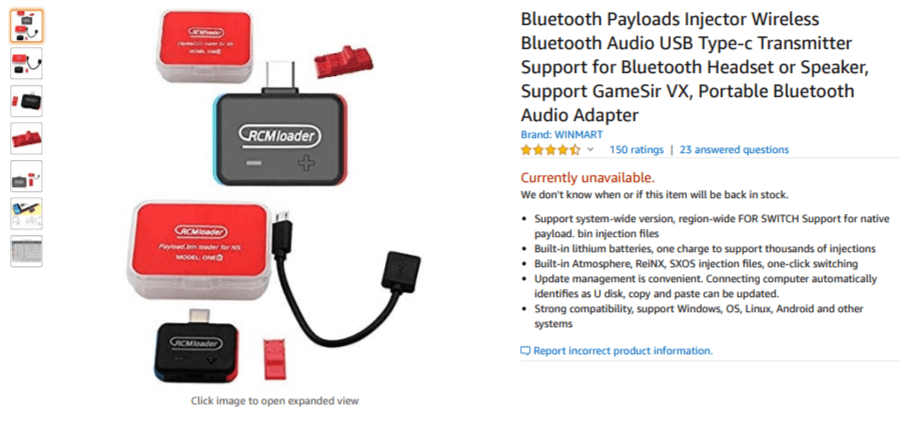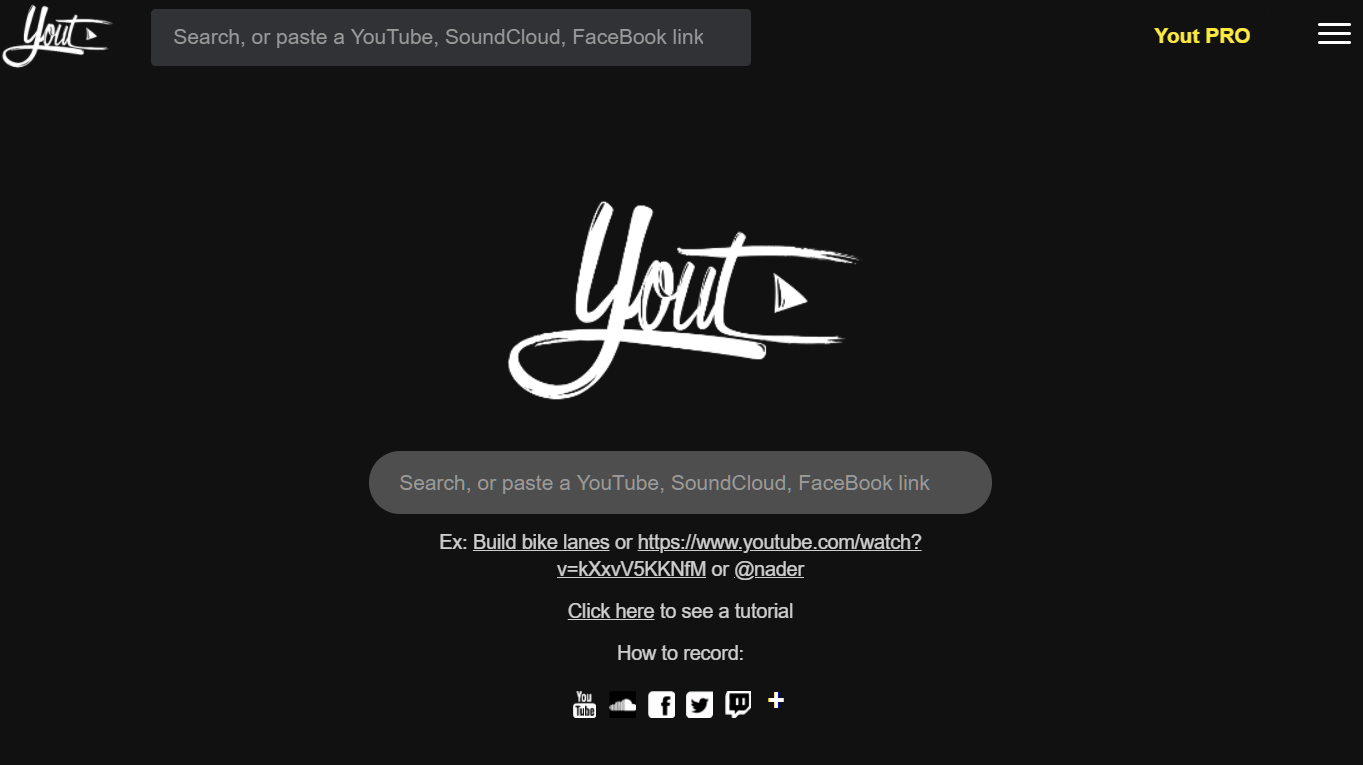-
chevron_right
Court Orders GoDaddy to Transfer Piracy Hack Store Domain to Nintendo
Ernesto Van der Sar · news.movim.eu / TorrentFreak · Saturday, 28 November, 2020 - 21:01 · 3 minutes
 Nintendo is doing all it can to stop the distribution of piracy enabling hacks and modchips, including SX Core and SX Lite.
Nintendo is doing all it can to stop the distribution of piracy enabling hacks and modchips, including SX Core and SX Lite.
Earlier this year, the company sued a group of known ‘offenders’ that sell these tools. After the stores failed to show up in court, Nintendo requested a default judgment and permanent injunction, which was granted soon after .
Injunction ‘Shuts Down’ Modchip Stores
The injunction was a clear victory as it allowed the Japanese gaming giant to shut down several sites, including TXswitch.com, SXflashcard.com and Axiogame.com. These domain names were later transferred to the company as well.
That success wasn’t permanent though. While some stores may have vanished permanently, others have continued under new names. In the case of Txswitch.com that was pretty obvious.
A day after Txswitch.com was pulled offline, the store made a comeback on Stxwitch.com. This site looks nearly identical to the old one and even uses the same logo and code.
GoDaddy Refuses to Take Down New Domain
This type of ‘domain hopping’ is common in pirate circles and Nintendo was somewhat prepared for it. The injunction includes a section which states that “any variant or successor” of the stores is also covered, so Nintendo swiftly asked domain registrar GoDaddy to suspend the new domain as well.
However, GoDaddy refused . Despite the mention that successors are covered, the domain registrar requested a new court order which specifically mentions Stxwitch.com.
To resolve this standoff Nintendo went to court again, requesting clarification, which came this week in the form of a new order, issued by US District Court Judge Thomas Zilly.
STXWITCH.COM Has to Go Offline
“STXWITCH.COM is a ‘variant or successor’ domain name as that term is used in the Judgment,” Judge Zilly writes, stressing that all intermediaries have to cut their ties with the site.
“Defendants and all third parties acting in active concert and participation with Defendants, including registrars, are ENJOINED from supporting or facilitating access to STXWITCH.COM, and are ORDERED to cease to use the domain name STXWITCH.COM and immediately transfer STXWITCH.COM to Nintendo’s control.”
At the time of writing the store is still online, but with this order in hand, that likely won’t be the case for long. However, that doesn’t mean that it can’t reappear under yet another new domain.
All ‘Variants and Successors’ are Covered
If that happens, Nintendo doesn’t have to go to court again, Judge Zilly clarifies. GoDaddy and all other domain registrars, registries, and other intermediaries will have to take action against sites operated by the defendants, no matter what domain they use.
“For avoidance of doubt, the Court’s Judgment applies to all domain names controlled by Defendants through which Defendants engage in the conduct found to be unlawful in this lawsuit, whether or not the exact domain name is explicitly listed in the Judgment,” the order reads.
While this sounds very clear and obvious, it does raise some questions. When is a new domain a ‘variant or successor’?
Questions Remain
In the case of Txswitch the similarities were rather striking, as the same code and design were used. But what if Nintendo ‘suspects’ that the defendants are making a comeback from a different domain with a different look?
What evidence does Nintendo need to show that a new domain is a ‘variant or successor’ and is it then up to a company such as GoDaddy to ‘judge’ whether this is enough?
These are all hypothetical situations but it is likely that GoDaddy refused Nintendo’s initial request because they don’t want to be the arbiter. Future refusals will come at a price, however, as Judge Zilly ruled that failing to comply opens the door to punitive and monetary sanctions.
Legal uncertainty aside, this order doesn’t necessarily end the ‘whack-a-mole.’ There are plenty of foreign registrars and registries that don’t fall under the jurisdiction of US courts. Some of these will demand a local court order from Nintendo, which will start the process all over again.
TorrentFreak reached out to Stxwitch to ask what their plans are for the future. We have yet to hear back, but at the time of writing, they are still accepting new orders.
—
A copy of the order from US District Court Judge Thomas Zilly is available here (pdf)
From: TF , for the latest news on copyright battles, piracy and more.
 The music industry is convinced. Downloading music from public streaming services, YouTube in particular, is the greatest piracy threat to the industry.
The music industry is convinced. Downloading music from public streaming services, YouTube in particular, is the greatest piracy threat to the industry.
 TorrentFreak reached out to Nader, who said he prefers not to comment on the ongoing litigation. Especially since the RIAA has yet to formally reply.
TorrentFreak reached out to Nader, who said he prefers not to comment on the ongoing litigation. Especially since the RIAA has yet to formally reply.




 In recent months we have reported in detail how users of the popular torrent site YTS were
In recent months we have reported in detail how users of the popular torrent site YTS were 

 Earlier this year, Hawaiian anti-piracy lawyer Kerry Culpepper turned some of the most popular piracy brands into a powerful anti-piracy tool.
Earlier this year, Hawaiian anti-piracy lawyer Kerry Culpepper turned some of the most popular piracy brands into a powerful anti-piracy tool. During the summer of 2016, Polish law enforcement officers arrested Artem Vaulin, the
During the summer of 2016, Polish law enforcement officers arrested Artem Vaulin, the 